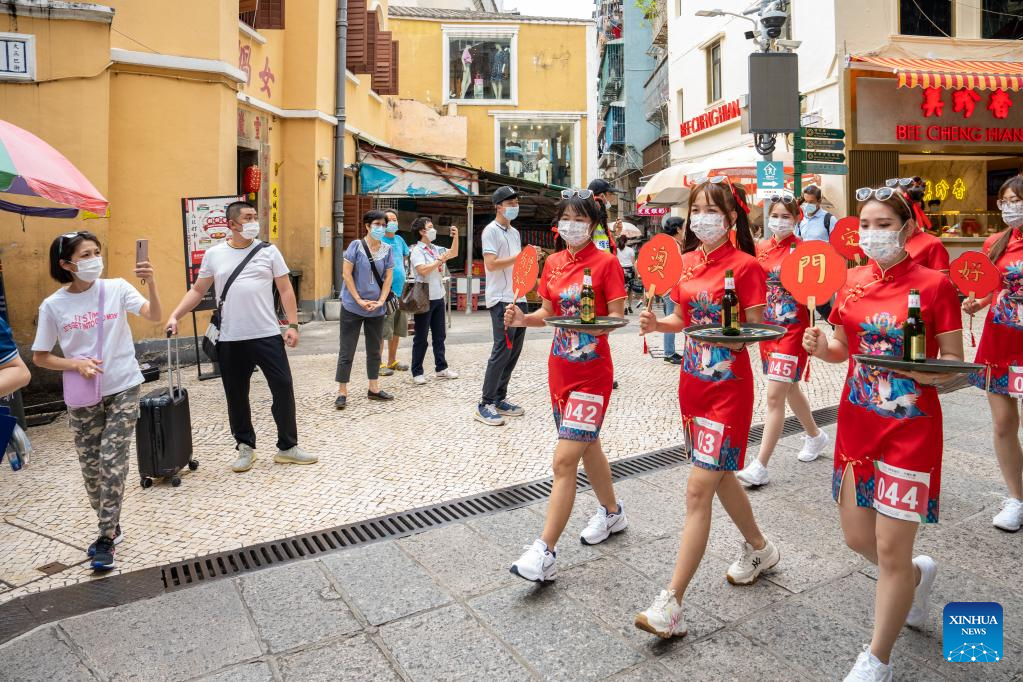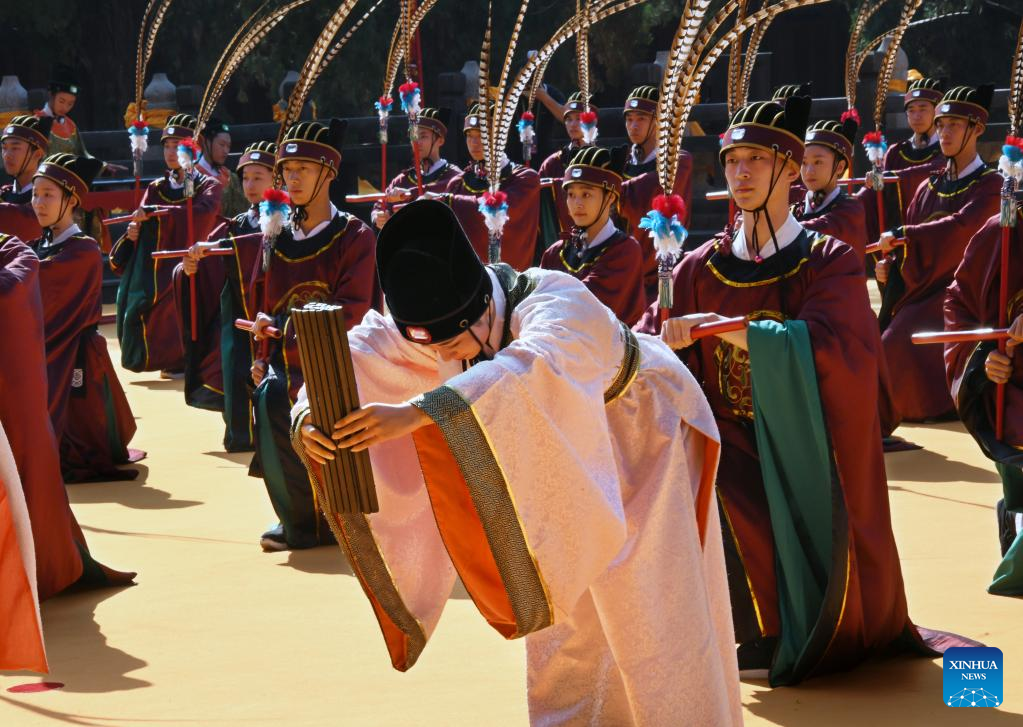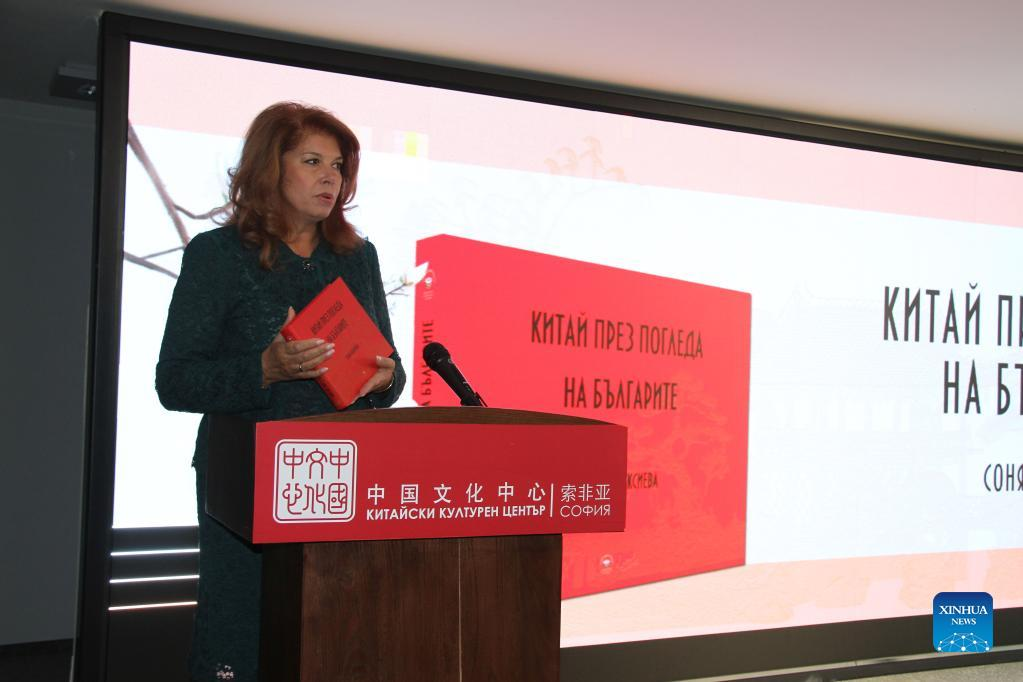Jiangsu has organized 47 enterprises to participate in the 19th China (Shenzhen) International Cultural Industries Fair (ICIF), which will be held from June 7 to 11.
The province’s exhibition zone will highlight 1,002 books published under the Jiangsu Library program, representing the latest achievements of a comprehensive research and promotion campaign focusing on its cultural and literature heritage. The program also includes a database that allow visitors to gain a comprehensive understanding of Jiangsu's cultural history and development with just one click.
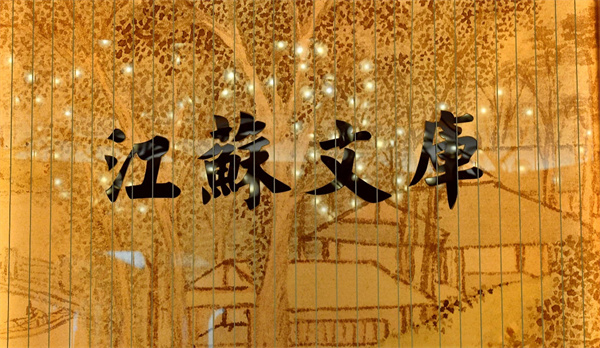

The exhibition area will showcase a digital platform that encompasses various resources related to the Grand Canal. As a flagship project in the building of Digital China, the platform covers a wide range of resources, including documents, research works, maps, images, and audio-visual materials related to the history of the vast inland waterway system. It is the first such database about the Grand Canal in the country built using knowledge graph technology, which enables efficient knowledge representation and reasoning.
With online performance and show, digital art, immersive experiences and other innovative practices, Jiangsu has actively promoted digitalization in the cultural field in recent years, exploring new applications and embracing culture in new scenarios and forms. In the fair, Jiangsu will present a cloud platform for the Grand Canal National Cultural Park initiative. This platform integrates functions such as digital governance, content aggregation, supply-demand connection, and industrial promotion.
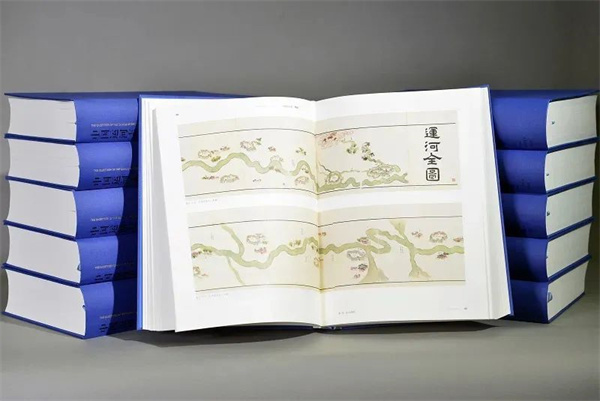
Furthermore, the metaverse project for the Grand Canal digital culture and tourism, a parallel to the cloud platform, will introduce Pingwang Ancient Town in Suzhou in innovative ways, catering to the sophisticated needs of tourists, residents, and platform users in the digital era. This metaverse project is expected to create new development opportunities of culture and tourism.
In addition, from the fair, visitors can also learn about the Jiangsu Cultural Big Data Exchange, which provides support for various cultural institutions in the province to undergo digital transformation and creation.
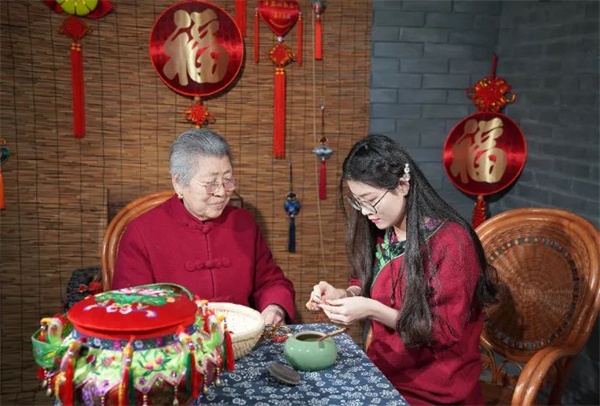
The exhibition area also displays nine items recognized as intangible cultural heritage, including Nanjing’s velvet flower, Dafeng’s porcelain carving, Xuzhou’s fragrant sachets, Suzhou-style embroidery and Yixing’s clay teapot. The exhibits reveal the innovation in the inheritance, creation, and development of intangible cultural heritage, as well as breakthroughs in branding, industry development and other endeavors.
Contact us at english@jschina.com.cn

